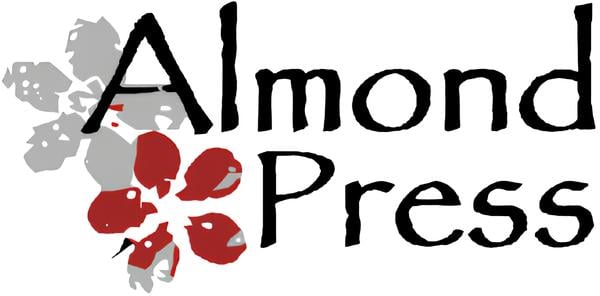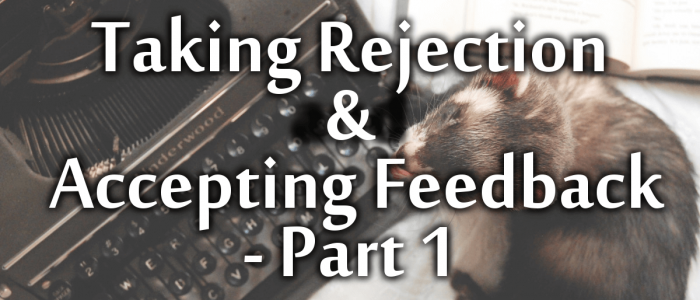How to Write: Taking Rejection
For the next two posts in this series, we’re going to have a look at how the outside world reacts to your writing – and, more importantly, how you react to that. There’s two parts; this one is focusing on taking rejection, and the second will focus on how to take critique and feedback.
So, you’ve written something. It’s awesome! Now you want to get it out into the world. So, you submit it to a writing competition, an agent, a publisher, an anthology…
And it gets rejected. Let’s face it, this frickin’ sucks. You wrote something amazing, and they hate it? Nooooo!
So what’s the best way to deal with it?
Everyone gets rejected
The most famous writers have stories of the piles of rejection letters they’ve received, and I suspect that every single publishing house has rejected someone who’s later gone on to be famous. You’re not alone.
It’s ok to feel bad
Grab some ice cream and have an evening off to wallow. You work’s awful and everyone hates it! They just didn’t understand it! You’ll never get published!
And then get back up, and get on with it. Rejections suck, but even best-selling authors get them. Have a pity party, and then dust yourself off and keep going.
Treat it as a learning experience
Take a long, hard look at your work. Was it simply that the publisher didn’t think it fitted, or could you actually have submitted something better? What needs improvement? If they’ve given you feedback, take time to consider it. But…
Don’t argue
It’s really hard to fight the urge to defend your work, particularly if you’ve been given feedback, but it really doesn’t help! If your work has been rejected, there is nothing you can say that will change the reviewer’s mind. Take the comments on board and then if you’re still interested in that publisher or forum, submit your improved work to their next call. Arguing a rejection is unprofessional; if you have to, call the reviewer an idiot who simply doesn’t get your writing, and move on to the next thing.
Keep submitting
If you can, make a list of possible submission opportunities before you start submitting, and then when you get a rejection from one, just submit to the next. It’s worth being organised, too – spreadsheets are a win here! You don’t want to submit to someone that’s already rejected you.
So, the best way to deal with rejection?
Keep at it.
Green Sky & Sparks
by Kate Coe
- What is a writing competition? Why should I pay to enter? - November 15, 2018
- How to Write the Book Introduction to Hook Your Reader - October 7, 2017
- How to Write: Self-Publishing Your Work Online - October 1, 2017



